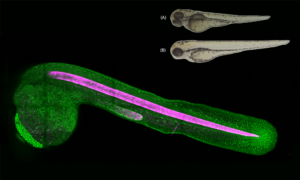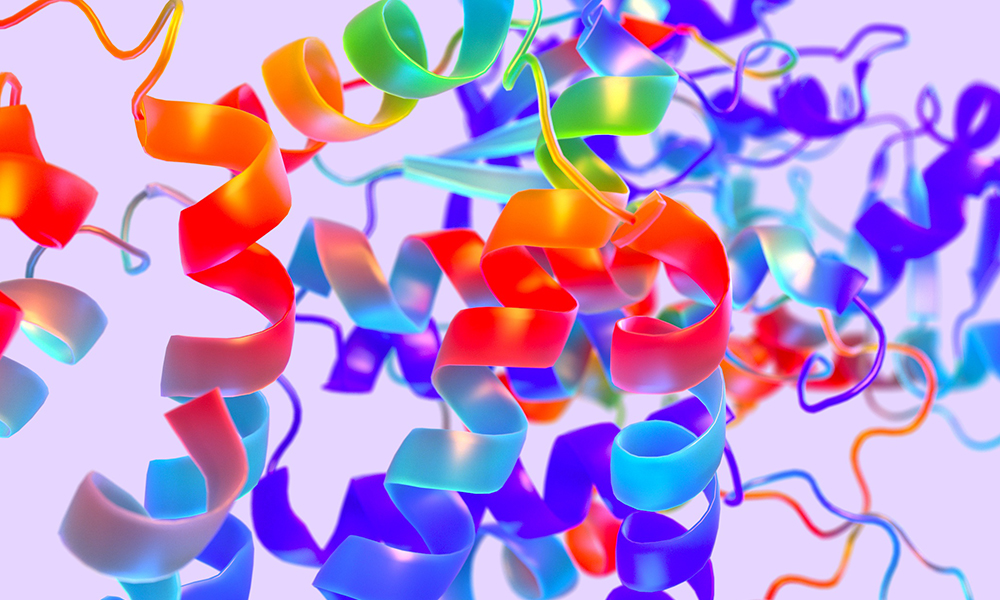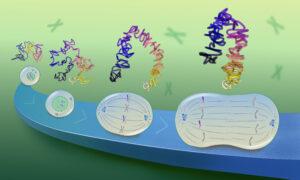
Artificial intelligence — a scientific game changer in 2021
The ability to predict protein structures from amino acid sequences using AI named as 2021 'Breakthrough of the Year' by Science magazine

From shortening the time for image processing in light-field microscopy from days to mere seconds to predicting the 3D structure of a protein from its amino acid sequence — artificial intelligence (AI) has transformed the way life scientists conduct research.
The prediction of the structures of the human proteome using DeepMind’s AI-driven AlphaFold algorithm is one of the biggest scientific breakthroughs since the mapping of the human genome.
DeepMind and EMBL’s European Bioinformatics Institute (EMBL-EBI) are providing access to AlphaFold’s predictions in a database so scientists all over the world can use the system as a tool to enable and accelerate research and open up completely new avenues of scientific discovery. Making the data of protein predictions freely and openly available to the scientific community accelerates the impact of this technology.
Accurately predicting the structure of proteins has the potential to accelerate discovery in relation to a range of scientific applications, e.g. in developing new drugs and treatments for diseases, in designing future crops that can withstand climate change or in developing enzymes that can degrade plastic.
Compared with the time of its launch in July 2021, the AlphaFold database already contains double the number of protein predictions, which have been accessed by more than 310K unique users. With millions of protein structure predictions available in the future, the possibilities for discoveries seem endless.
After having already been referred to as one of the most influential scientific developments in 2021 by Nature magazine, the impact that AI had on protein structure prediction was now also recognised as 2021 ‘Breakthrough of the Year’ by Science magazine. It also topped the magazine’s ‘People’s Choice’ poll.


